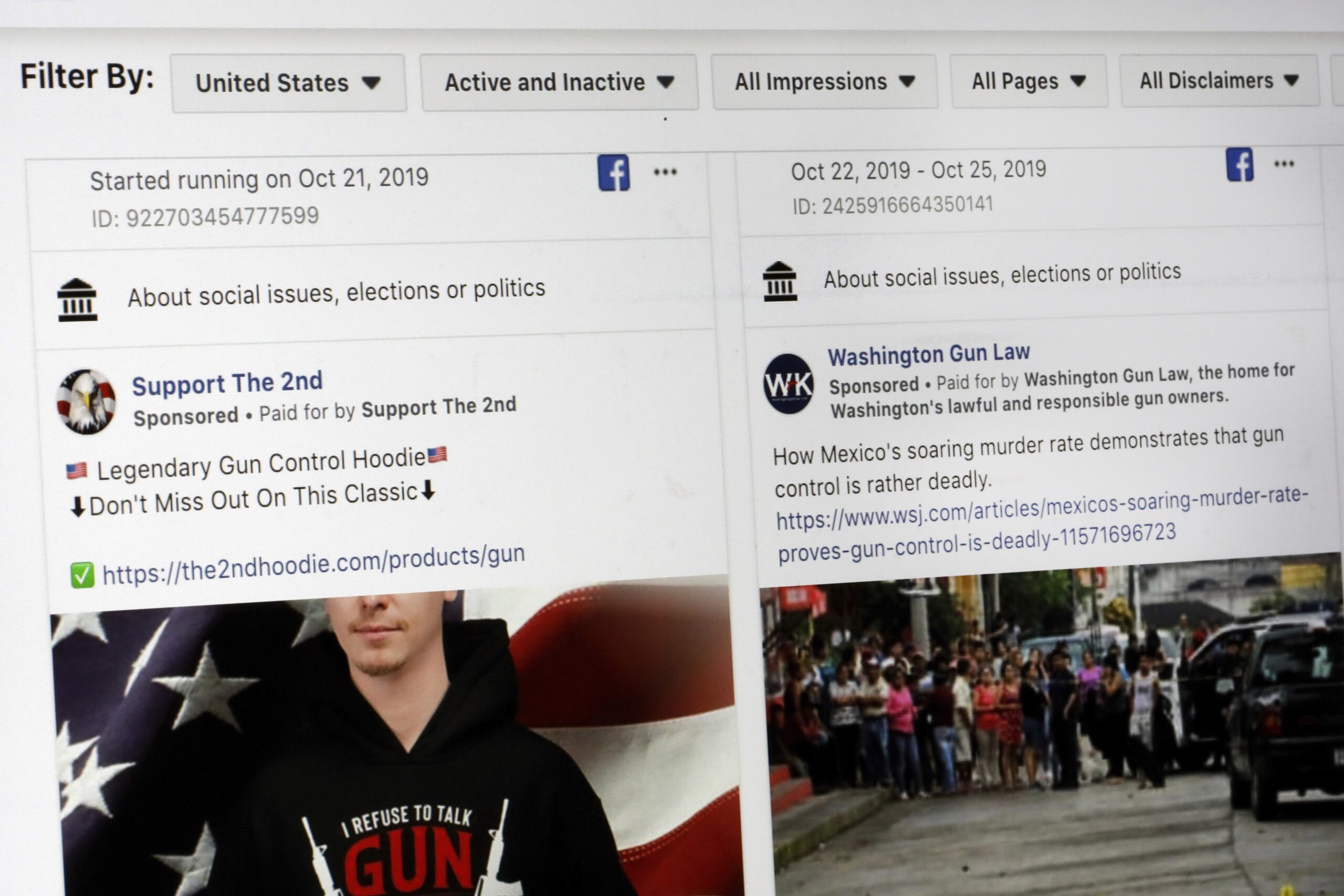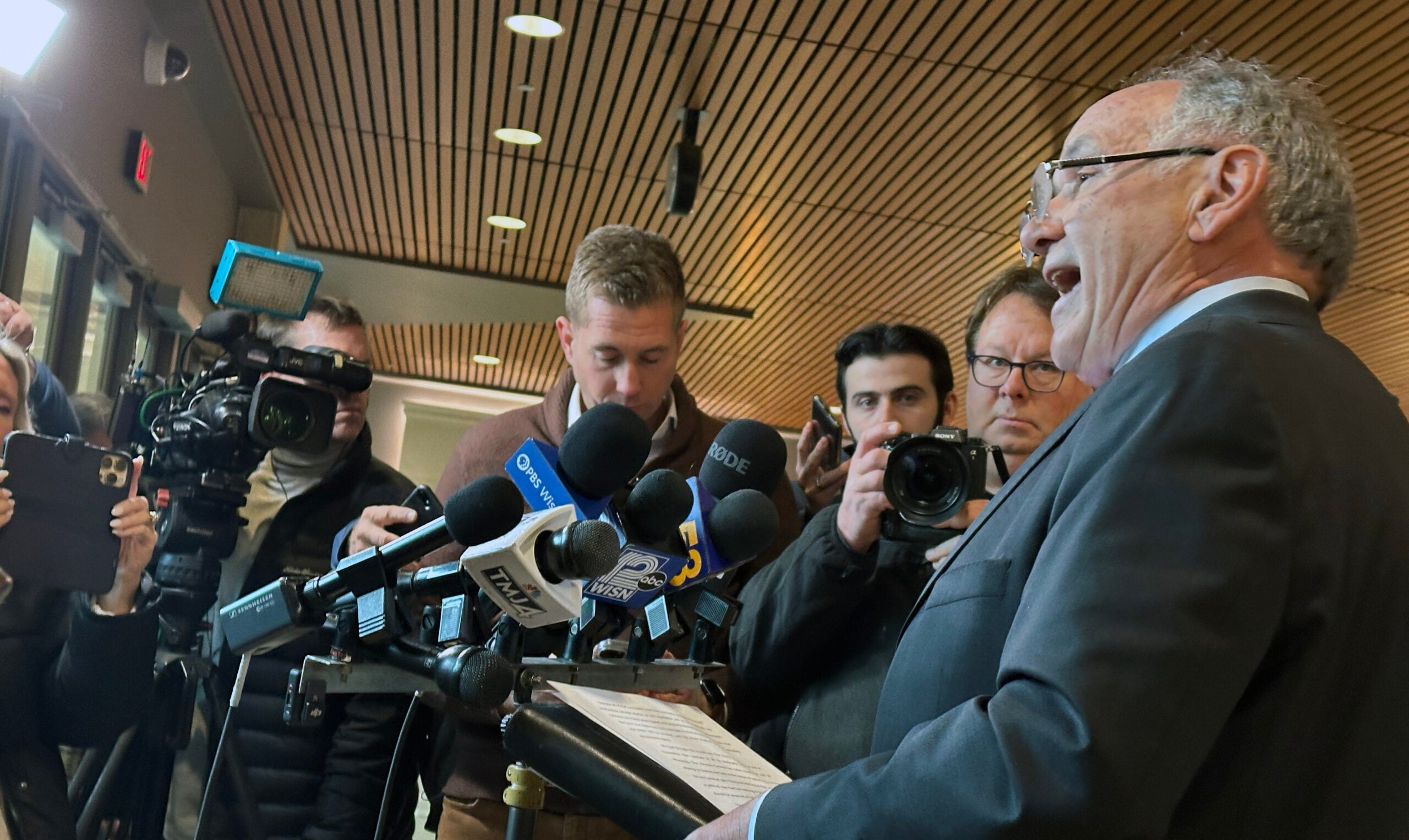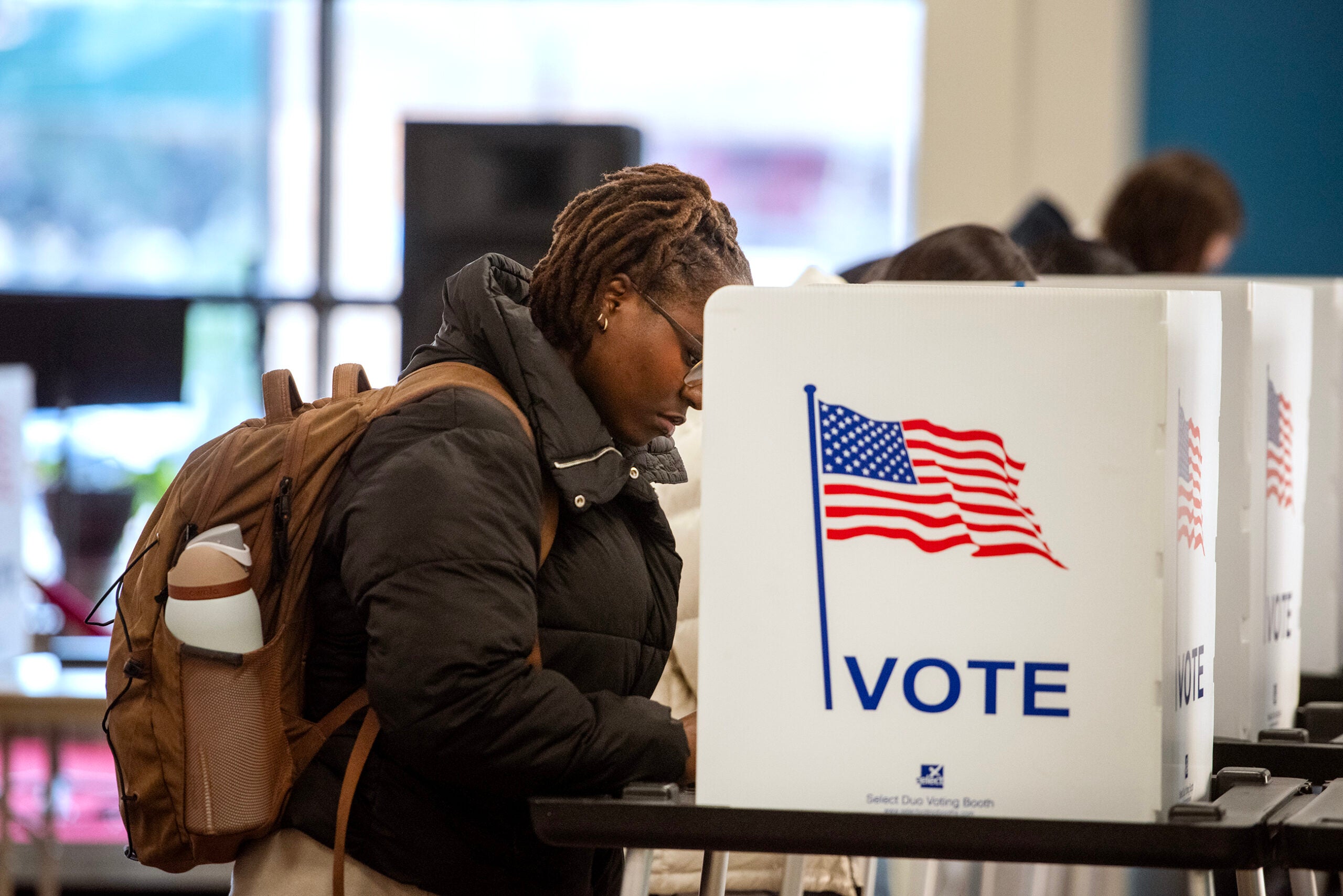A nonpartisan group based in La Crosse is hoping to help voters elect ethical political leaders in the next election through a new 2020 Citizens Guide.
LeaderEthics-Wisconsin is a nonprofit organization promoting ethical leadership practices among elected officials.
Lee Rasch, executive director and founder of the nonprofit, said the group wanted to empower more than just its members to ask candidates about their morals ahead of the 2020 election.
News with a little more humanity
WPR’s “Wisconsin Today” newsletter keeps you connected to the state you love without feeling overwhelmed. No paywall. No agenda. No corporate filter.
“We realized that we can do even more if we can get the information into the average citizen’s hands,” Rasch said.
The 2020 Citizens Guide details how voters can ask candidates about ethics and practical ways to promote awareness of ethical leadership. The group defines ethical leaders as truthful, transparent with public information, unifiers rather than dividers, and willing to represent their entire constituency.
“Those four principles, they’re pretty rock solid if you were a senior leader in health care or education or business or the service industry,” Rasch said. “It’s the irony that that’s true in all of those other occupations except the political arena. And so we have to get people to think ‘why would we accept that and why can’t we raise that bar?’”
The 2020 Citizens Guide also includes tips about how voters can be smart consumers of information, especially on social media. The guide suggests people avoid liking or sharing stories that seem falsified or exaggerated and provides resources on how to spot disinformation.
Kate Olson is library media director for the Bangor School District and a speaker on news literacy. She said the growing amount of misleading information online means adults need better education about the integrity and motivation behind information shared on blogs or social media.
“When I was growing up (in the 1980s), my mom could point to say National Enquirer or some other tabloid on the newsstand in the grocery store … and say, ‘OK, that’s one kind of publication and it’s fine entertainment or whatever. But probably you’re not going to use it to make big decisions or trust everything that it says all of the time,’” Olson said. “As things have progressed with technology, no one is really talking to people my age about what’s going on behind the scenes on the internet.”
Olson said people may not understand the difference between online stories from traditional news outlets and websites that use headlines meant to outrage readers into clicking on the article, called clickbait.
But she said these misleading stories are impacting voters’ ability to elect candidates that represent their priorities.
“If you don’t have accurate information, you can’t make informed decisions. And if you’re making decisions based on inaccurate information you’re actually hurting people based on what you’re trying to achieve with your political agenda or your civic agenda,” Olson said.
Rasch said he recognizes the problem of disinformation on the internet is widespread. But he said LeaderEthics-Wisconsin is only focusing on the local political environment, reaching out to area lawmakers and political parties.
“We have to start there, by the local community, and how that can impact the people who are either state legislators or possibly federal, but that’s going to take time,” Rasch said. “Superficial change can happen quickly, but substantive change just simply takes time.”
The 2020 Citizens Guide is available on the LeaderEthics website.
Wisconsin Public Radio, © Copyright 2025, Board of Regents of the University of Wisconsin System and Wisconsin Educational Communications Board.






